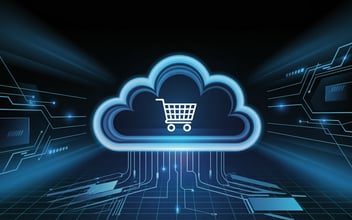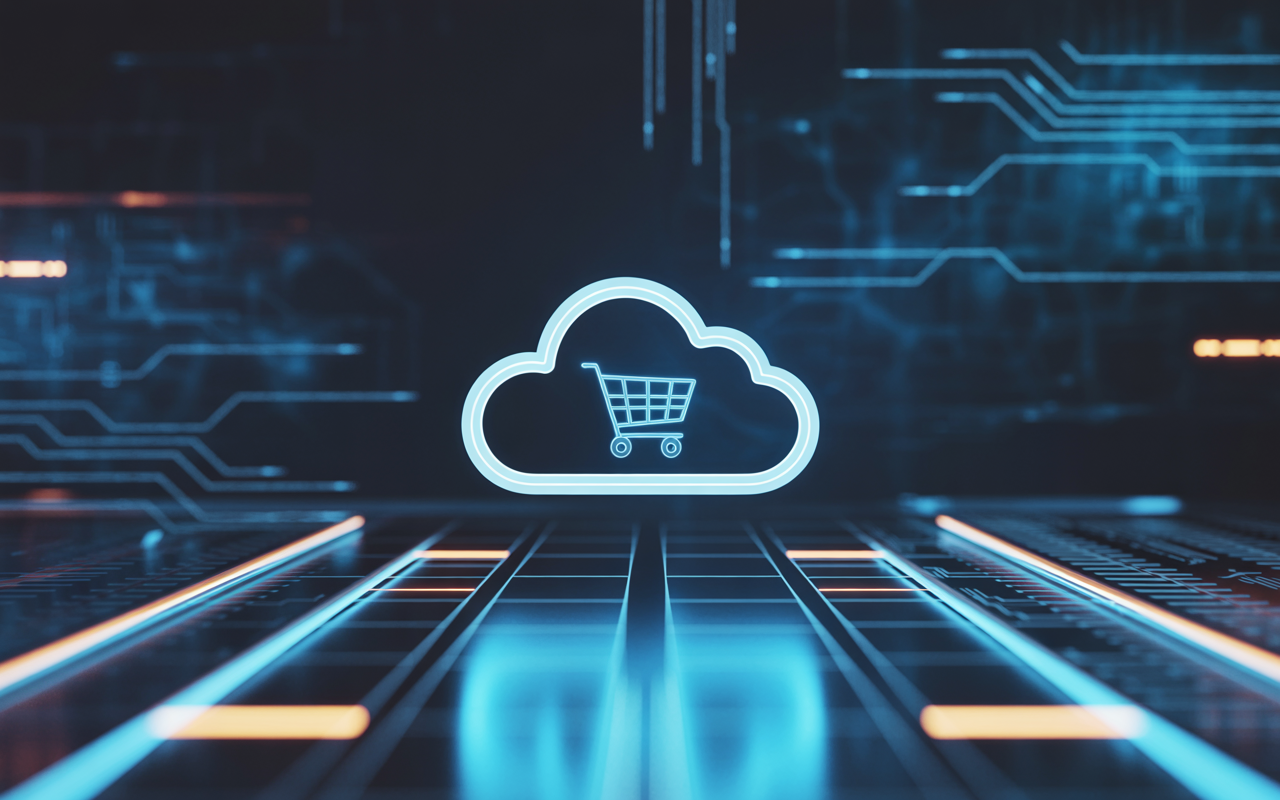
Cloud computing has become a cornerstone of innovation and agility in the retail sector. As retailers face increasing pressure to adapt to shifting consumer behaviors and rapid technological advancements, cloud technologies offer scalable, flexible, and cost-effective solutions that help them thrive in today’s competitive landscape. This first part of the article explores the foundational benefits and operational impacts of cloud computing in retail, highlighting how it’s reshaping the industry and setting the stage for the future.
-
Infrastructure as a Service (IaaS): Provides virtualized computing resources over the internet, allowing retailers to run applications, manage data, and store information without the burden of maintaining physical servers. This gives businesses the freedom to scale resources up or down as needed.
-
Platform as a Service (PaaS): Offers a ready-to-use framework for developers to build, test, and deploy customized applications that enhance retail operations, from personalized shopping apps to advanced analytics dashboards.
-
Software as a Service (SaaS): Delivers ready-to-use applications, such as customer relationship management (CRM) tools, inventory management systems, and e-commerce platforms. These applications improve daily workflows, boost productivity, and enhance customer interactions.
-
Avoid Stockouts and Overstocking: By tracking inventory accurately, retailers can ensure they have the right products available at the right time, reducing waste and missed sales opportunities. (CoMarch)
-
Data-Driven Forecasting: Cloud platforms equipped with machine learning capabilities analyze sales patterns, seasonal trends, and external factors to improve demand forecasting and supply planning.
-
Improved Transparency: With real-time data sharing, retailers gain greater visibility into the status of shipments, identify potential delays early, and make proactive adjustments. (SapEmarsys)
-
IoT Integration: Cloud platforms integrate with Internet of Things (IoT) devices to monitor conditions such as temperature and humidity during transit—essential for perishable goods like food and pharmaceuticals.
-
Behavioral Analysis: By examining purchase history, browsing habits, and feedback, retailers can personalize recommendations, offers, and promotions.
-
Cross-Channel Tracking: Cloud-based CRM systems track customer interactions across various touchpoints, ensuring that insights are cohesive and comprehensive.
-
Segmentation and Targeting: Real-time data allows retailers to group customers based on behavior, preferences, and demographics, tailoring messaging to each segment.
-
AI-Powered Campaigns: Cloud platforms often come equipped with artificial intelligence tools that predict customer needs and suggest the best time and channel for outreach.
-
Automation Capabilities: Routine tasks such as invoicing, inventory updates, order processing, and report generation can be automated, lowering the risk of human error and freeing up staff for more strategic activities.
-
Collaboration Tools: With centralized access to systems and data, employees across locations can collaborate more effectively, improving responsiveness and innovation.
-
Seasonal Flexibility: Retailers can scale resources during busy periods like holidays and promotional events, then scale back during slower seasons to optimize costs. (InfoVision)
-
Launch New Channels Easily: Cloud platforms simplify the deployment of new e-commerce sites, mobile apps, or digital services, enabling retailers to quickly expand their reach.
-
Data Security and Compliance: Protecting customer data is paramount. Retailers must work with cloud providers that offer robust security measures and comply with regulations like GDPR or CCPA.
-
Integration Complexity: Migrating legacy systems to the cloud and integrating new cloud solutions with existing workflows can be complex and may require careful planning.
-
Cost Management: Although the cloud can lower infrastructure costs, mismanaged usage can lead to unexpected expenses. Retailers need clear governance policies to control spending.

Pacific Data Integrators Products
Pacific Data Integrators Offers Unique Data Solutions Leveraging AI/ML, Large Language Models (Open AI: GPT-4, Meta: Llama2, Databricks: Dolly), Cloud, Data Management and Analytics Technologies, Helping Leading Organizations Solve Their Critical Business Challenges, Drive Data Driven Insights, Improve Decision-Making, and Achieve Business Objectives.




